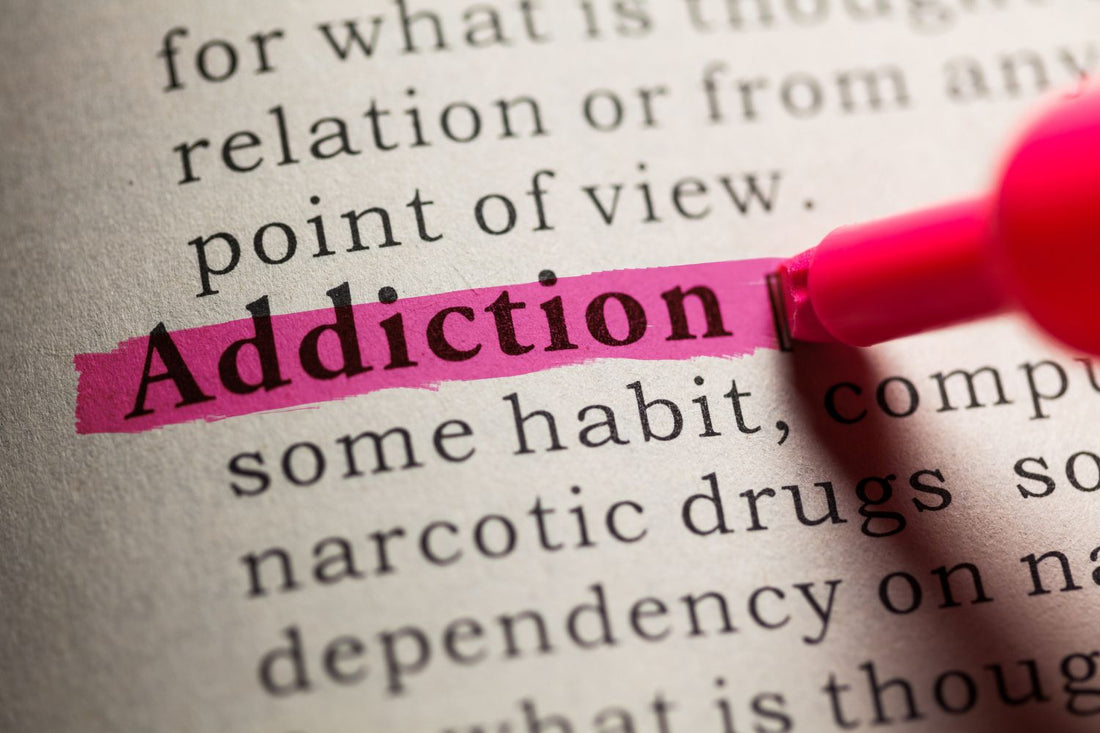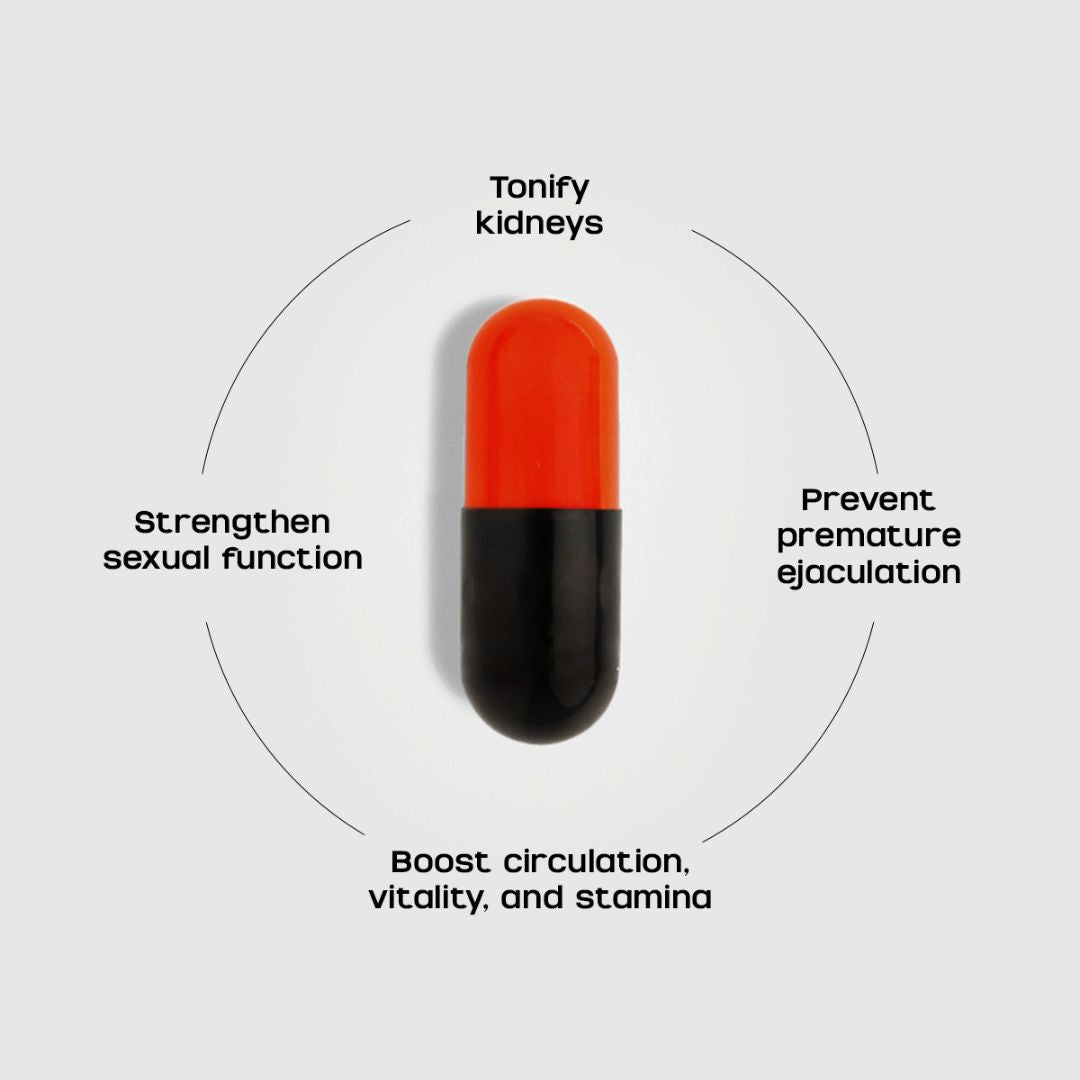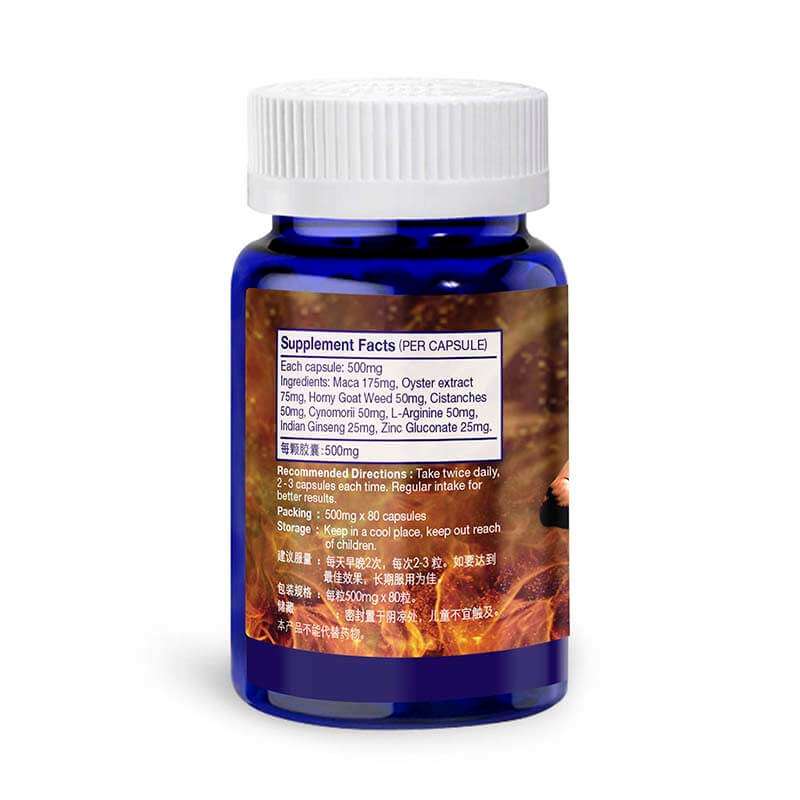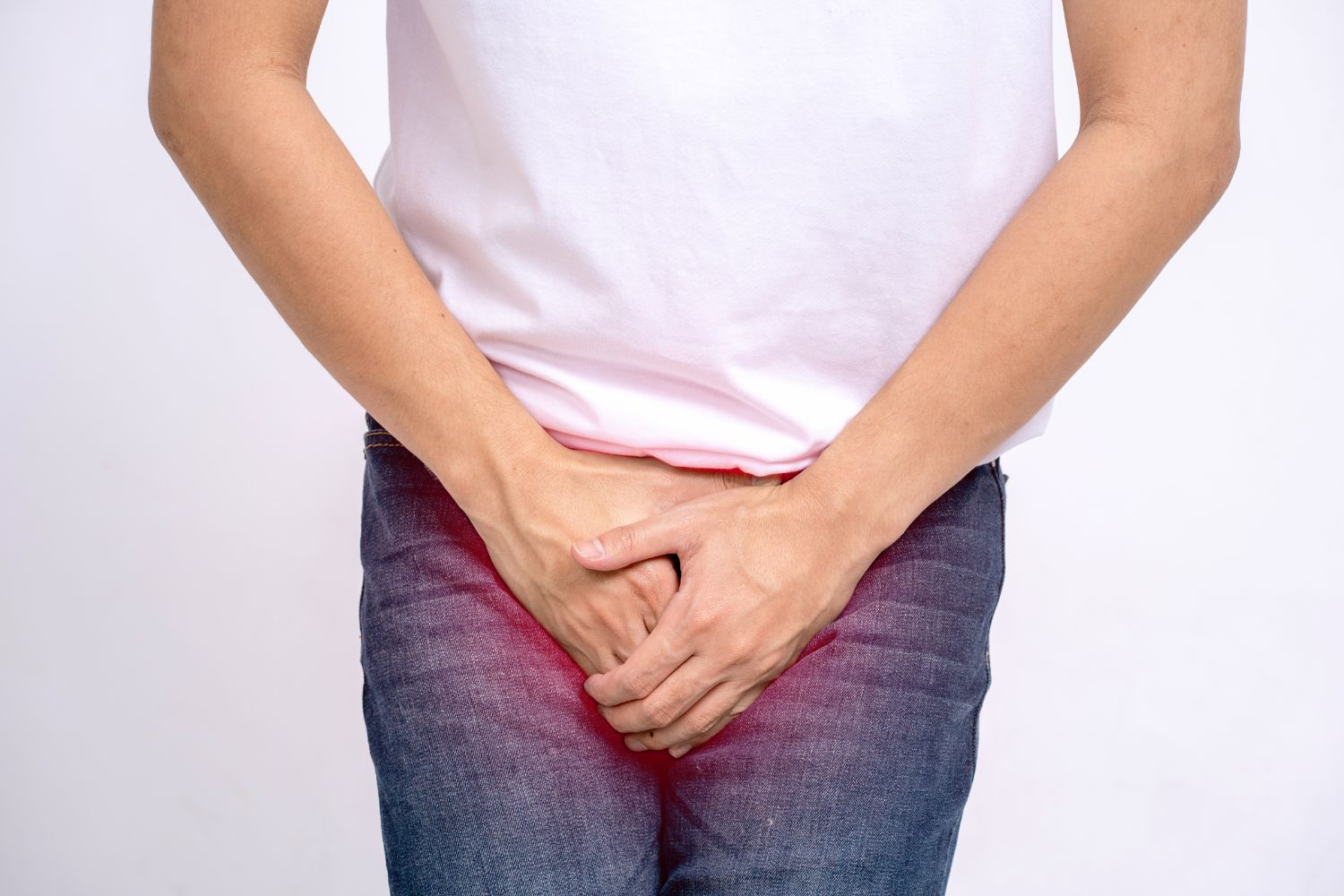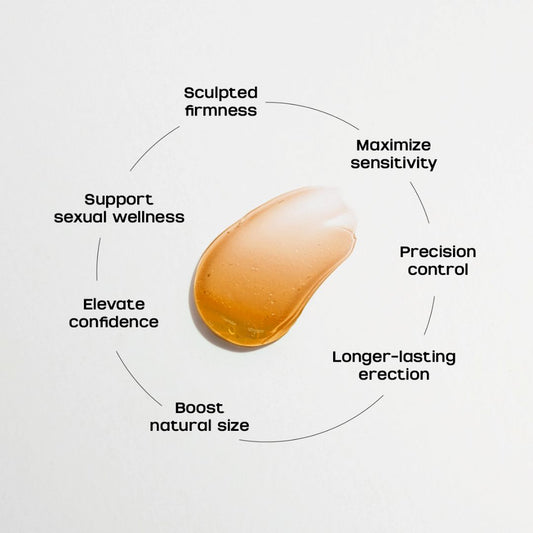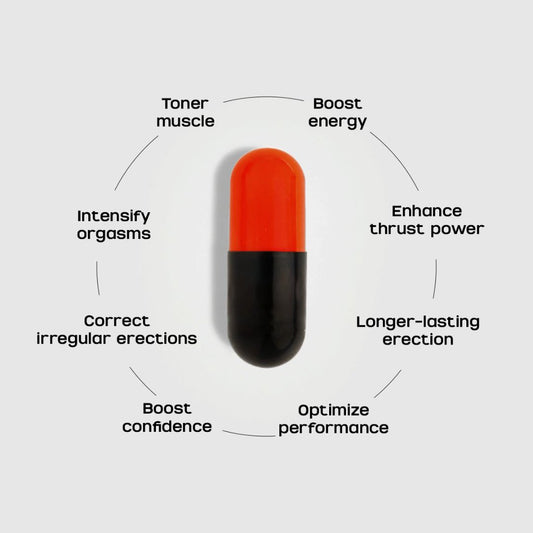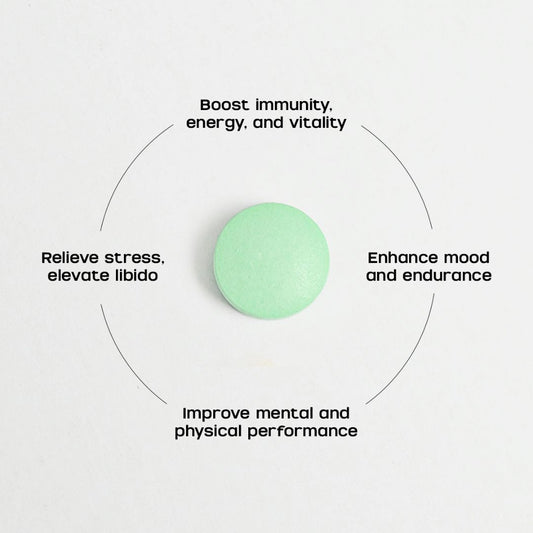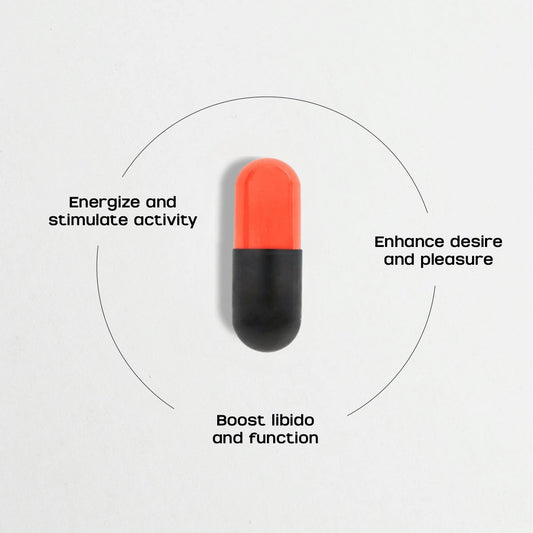Our blog offers in-depth resources on men's sexual health, with a special focus on the most searched concerns like
erectile dysfunction, premature ejaculation, penis enlargement, and the use of natural sex pills. We cover trending
ingredients such as tongkat ali and cistanche, often included in herbal supplements for libido and erection support.
Readers will find trusted information on how to treat erectile dysfunction naturally, how to last longer during sex,
and what sex pills for men really work without harmful side effects. We also explore safe methods for penis
enlargement, comparing pills, pumps, extenders, and topical oils.
Posts include reviews of the best natural male enhancement products, alternatives to ED medications like Viagra, and
tips to improve sexual stamina and confidence. You'll learn whether penis pumps are effective, how tongkat ali
works, and how to choose the right solution for your needs.
Whether you're exploring penis growth methods, looking for natural ways to treat ED, or researching cures for
premature ejaculation, our blog provides comprehensive, evidence-based content to help men take control of their
sexual wellness.
A shocking incident recently reported online involves a 16-year-old boy from a small town in Goiás, Brazil, who tragically died after allegedly masturbating 42 times in one night. This case brings to light critical issues surrounding sexual health and the need for better education and support for teenagers.
Incident Details
According to local reports, the boy's mother was aware of his addiction to masturbation and had planned to seek medical help. Unfortunately, before they could get professional advice, the boy succumbed to physical exhaustion after a night of continuous masturbation. This tragic event underscores the urgent need for open discussions and professional intervention in cases of sexual addiction.
Understanding Masturbation Across Age Groups
Masturbation is a common behavior across all age groups, with different underlying causes. In children, it often occurs unconsciously, triggered by activities that stimulate the genitals. For teenagers, physiological changes during puberty lead to sexual arousal and curiosity, making masturbation more frequent as they explore their sexuality.
The Role of Normal Sexual Desire
Sexual desire is a fundamental aspect of human development and reproduction. However, there is often a significant time gap between sexual maturity and the socially accepted age for sexual activity, such as marriage. During this period, sexual urges are typically at their peak, and individuals seek ways to relieve this tension. Both men and women may inadvertently stimulate their genitals, leading to habitual masturbation. In some cases, individuals learn masturbation through guidance or influence from others, further ingraining the behavior.
The Dangers of Excessive Masturbation
While masturbation is generally considered a normal sexual activity, excessive masturbation can have severe physical and psychological consequences:
1. Erectile Dysfunction and Premature Ejaculation
Habitual masturbation can keep the brain's sexual centers in a constant state of arousal, leading to fatigue and eventual dysfunction. This can result in issues such as erectile dysfunction and premature ejaculation, affecting normal sexual relations and potentially leading to infertility.
2. Mental and Physical Fatigue
Chronic masturbation can exhaust the brain’s sexual centers, causing overall fatigue, memory loss, insomnia, and difficulty concentrating. These symptoms can significantly impact a young person's academic and professional life.
3. Urinary and Reproductive Infections
Frequent genital stimulation without proper hygiene can lead to infections in the urinary and reproductive systems, including conditions like urethritis, genital warts, cystitis, and seminal vesiculitis.
Strategies for Overcoming Masturbation Addiction
For those struggling with masturbation addiction, the following strategies may help:
1. Redirect Time and Energy
Engage in new hobbies or activities, such as drawing, playing an instrument, or sports, to divert focus and energy away from masturbation.
2. Reduce Loneliness
Join clubs or social groups, and participate in various activities to make new friends and reduce isolation. Consider online dating or seeking companionship through friends.
3. Avoid Pornography
Strong willpower is required to avoid pornography, which often triggers masturbation. Try moving your computer to a more visible location to discourage private viewing.
4. Practice Patience and Persistence
Overcoming addiction is a gradual process. Be patient and committed, understanding that setbacks may occur. Persistence is key to long-term success.
Further Insights into Sexual Health and Addiction
Education and Open Communication
The tragic death of the Brazilian teen underscores the critical need for comprehensive sexual education and open communication within families. Parents and guardians should create an environment where young people feel comfortable discussing their sexual health and any issues they may be experiencing. Educational programs should cover the physical and psychological aspects of sexuality, the potential risks of addictive behaviors, and healthy coping mechanisms.
Professional Help and Counseling
For individuals struggling with masturbation addiction or other sexual health issues, seeking professional help is crucial. Therapists, counselors, and medical professionals can provide tailored guidance and support. Cognitive-behavioral therapy (CBT), for instance, has been effective in treating various forms of addiction, including those related to sexual behavior.
Building a Supportive Community
Building a supportive network is essential for overcoming addiction. Peer support groups, both online and offline, can offer a sense of community and understanding. Sharing experiences and strategies with others facing similar challenges can be incredibly empowering and motivating.
Promoting Healthy Sexual Behavior
Encouraging healthy sexual practices is vital. This includes understanding and respecting one’s own body, recognizing the difference between healthy sexual expression and compulsive behavior, and knowing when to seek help. Education on safe sex practices and hygiene is also crucial to prevent infections and other health issues.
Mindfulness and Stress Reduction Techniques
Incorporating mindfulness and stress reduction techniques can help individuals manage urges and reduce the frequency of compulsive behaviors. Practices such as meditation, yoga, and deep-breathing exercises can enhance self-awareness and emotional regulation, providing alternative ways to cope with stress and anxiety.
Conclusion
The untimely death of the young boy in Brazil serves as a poignant reminder of the potential dangers of unchecked sexual behavior and addiction. It highlights the urgent need for better sexual education, open dialogue, and access to professional help. By fostering a more informed and supportive environment, we can help prevent such tragedies and promote healthier, more balanced lives for young people.
Call to Action
1. For Parents and Guardians
Engage in open, non-judgmental conversations about sexual health with your children. Provide them with accurate information and let them know they can come to you with any concerns.
2. For Educators and Health Professionals
Develop and implement comprehensive sexual education programs that address both the physical and psychological aspects of sexuality. Offer resources and support for those struggling with sexual addiction.
3. For Individuals
If you or someone you know is struggling with masturbation addiction or any other form of sexual addiction, seek help from a healthcare professional. Remember, seeking help is a sign of strength, not weakness.
4. For Society
Support initiatives and policies that promote sexual health education and mental health resources. Create an environment where discussing sexual health is normalized and stigma-free.
By taking these steps, we can work towards a society where young people are equipped with the knowledge, support, and resources they need to navigate their sexual development safely and healthily.
